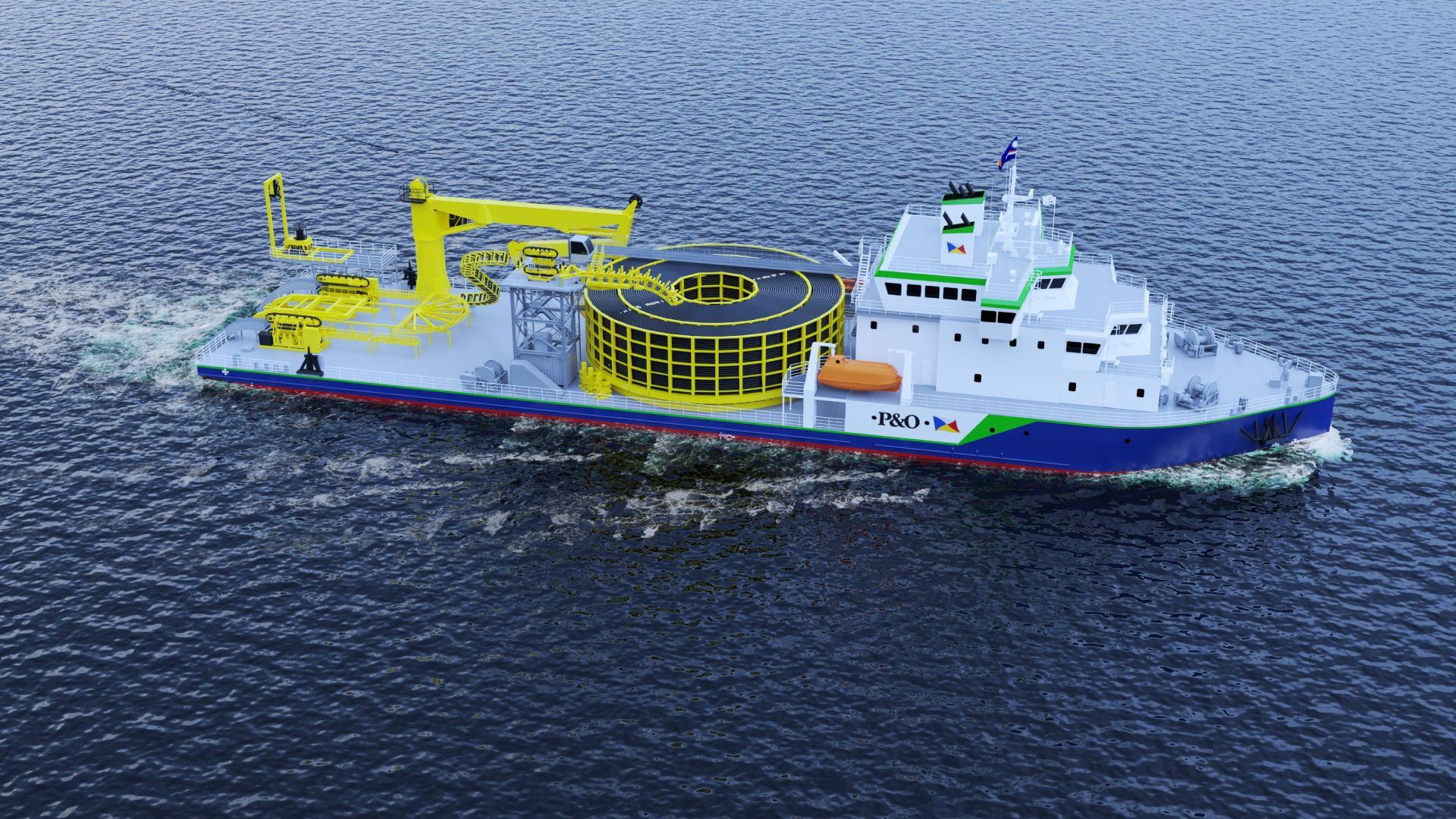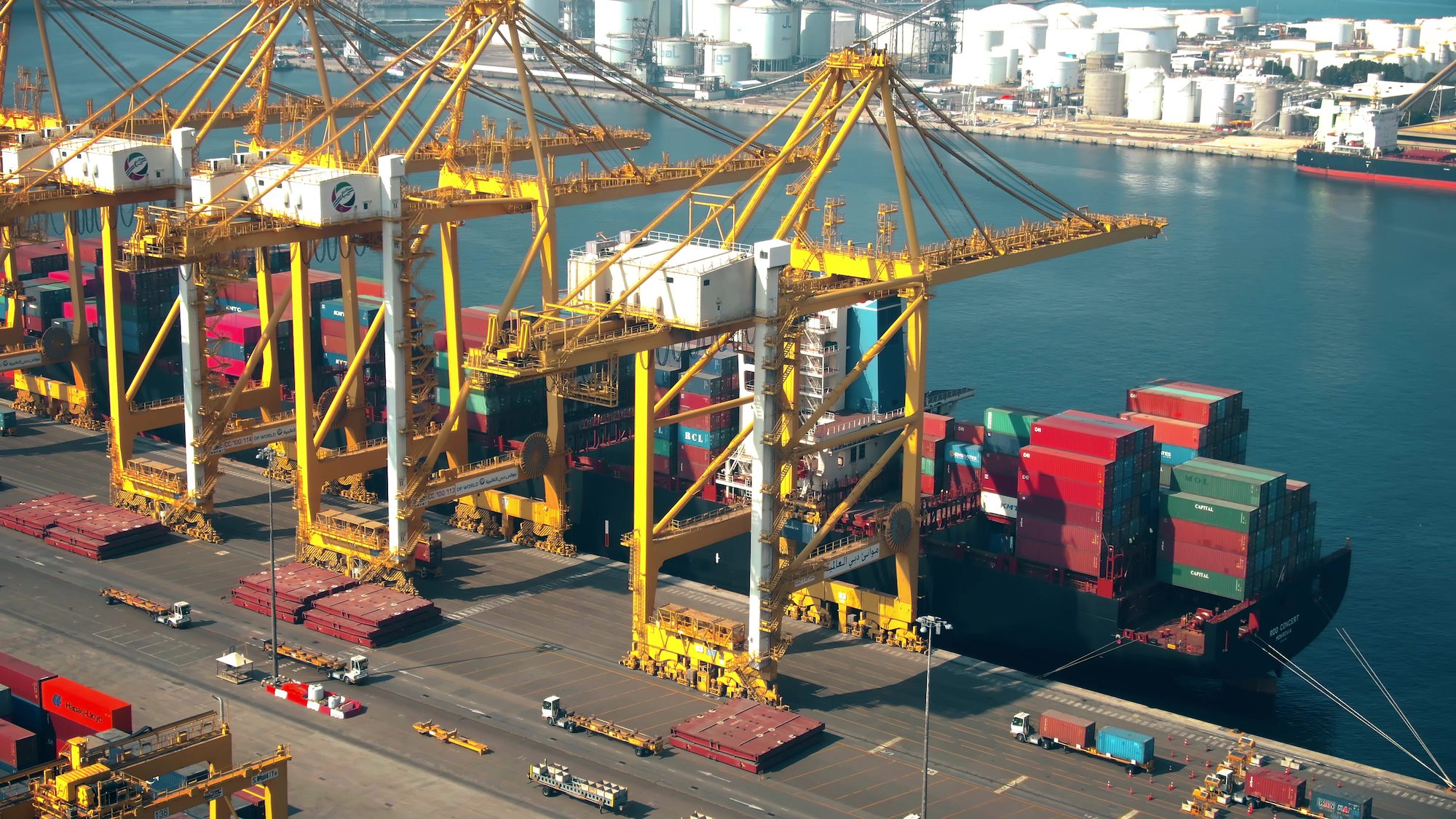LONDON, (Reuters) – Britain has designated a plan to build a subsea cable carrying renewable energy from Morocco as a project of “national significance”, which could help smooth planning hurdles.
Xlinks, a company chaired by former Tesco TSCO.L chief executive Dave Lewis, wants to build 3,800 kilometres (2361.21 miles) of subsea cables to supply solar and wind power from the Sahara to 7 million British homes by 2030.
While Xlinks called the government’s recognition of its project “a major milestone”, many challenges remain.
As well as needing to build the world’s longest high-voltage direct current subsea cable, Xlinks needs to secure more funding, agree long-term pricing contracts, and be granted permission to run through Spanish and French waters.
The estimated cost is between 20 billion pounds ($24.47 billion) and 22 billion pounds, Lewis told the Financial Times.
Xlinks said that the project would create nearly 10,000 jobs in Morocco, of which 2,000 will become permanent, and that it was consistent with the country’s energy export strategy.
New UK energy security and net zero minister Claire Coutinho said in a statement the project was nationally significant because of its potential to help Britain ditch fossil fuels.
“The proposed project could play an important role in enabling an energy system that meets the UK’s commitment to reduce carbon emissions and the government’s objectives to create a secure, reliable and affordable energy supply for consumers,” the statement said.
Under the national significance designation for the Xlinks cables, which would come onshore in south west England, the infrastructure needed would be approved by the government, instead of local authorities.
Prime Minister Rishi Sunak‘s strategy to meet Britain’s net zero emissions target has come under intense scrutiny after he watered down watered down targets on banning new petrol cars, and after the government was accused of offering insufficient subsidies to developers of domestic offshore wind farms.
Earlier this week, the government approved the development of its biggest new North Sea oilfield in years, citing a need to improve energy security.
Read Also: UK Green Lights $3.8 Billion Rosebank Oil and Gas Project in North Sea
($1 = 0.8173 pounds)
(Reporting by Sarah Young; Editing by William James and Alexander Smith)
(c) Copyright Thomson Reuters 2023.

 Join The Club
Join The Club












